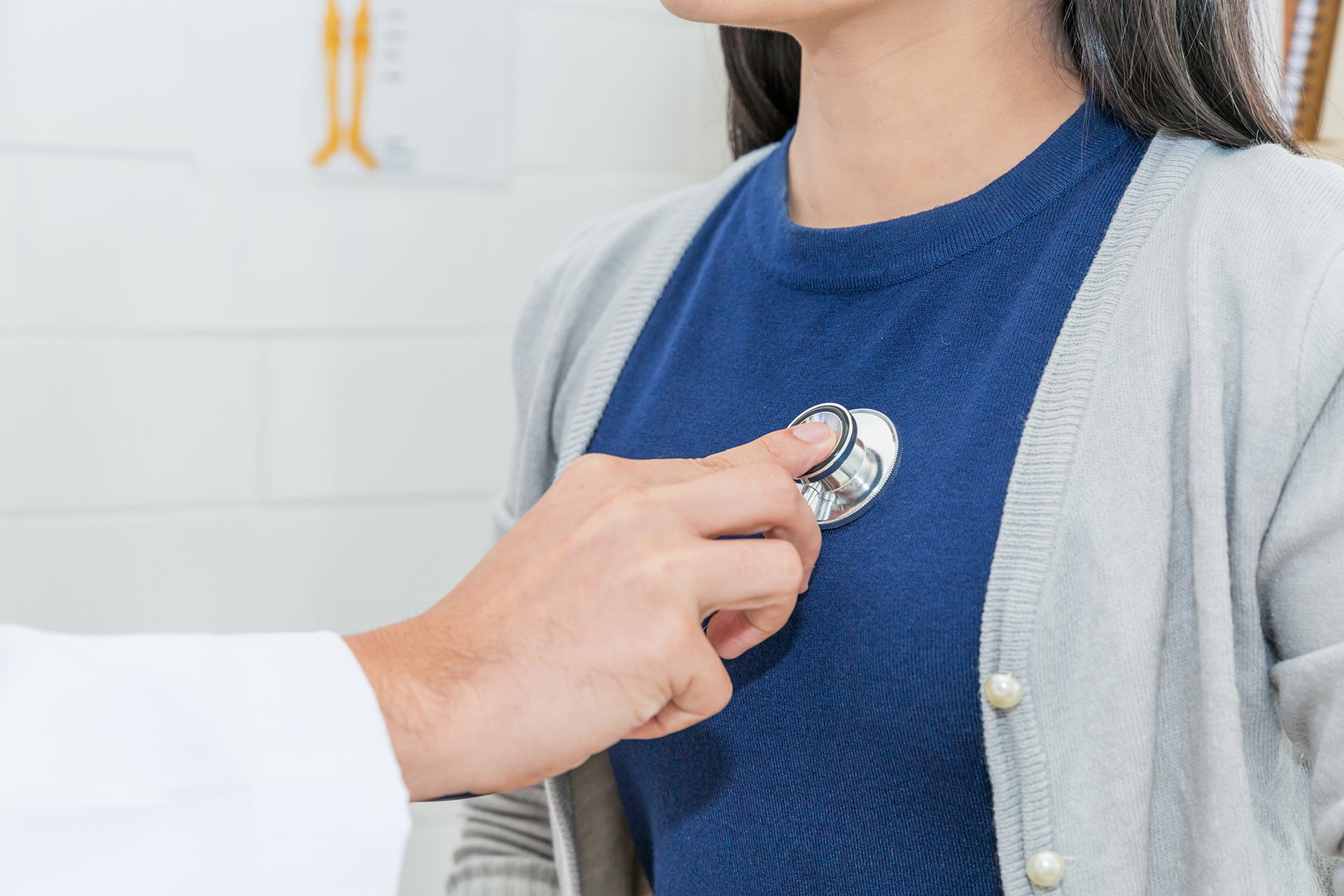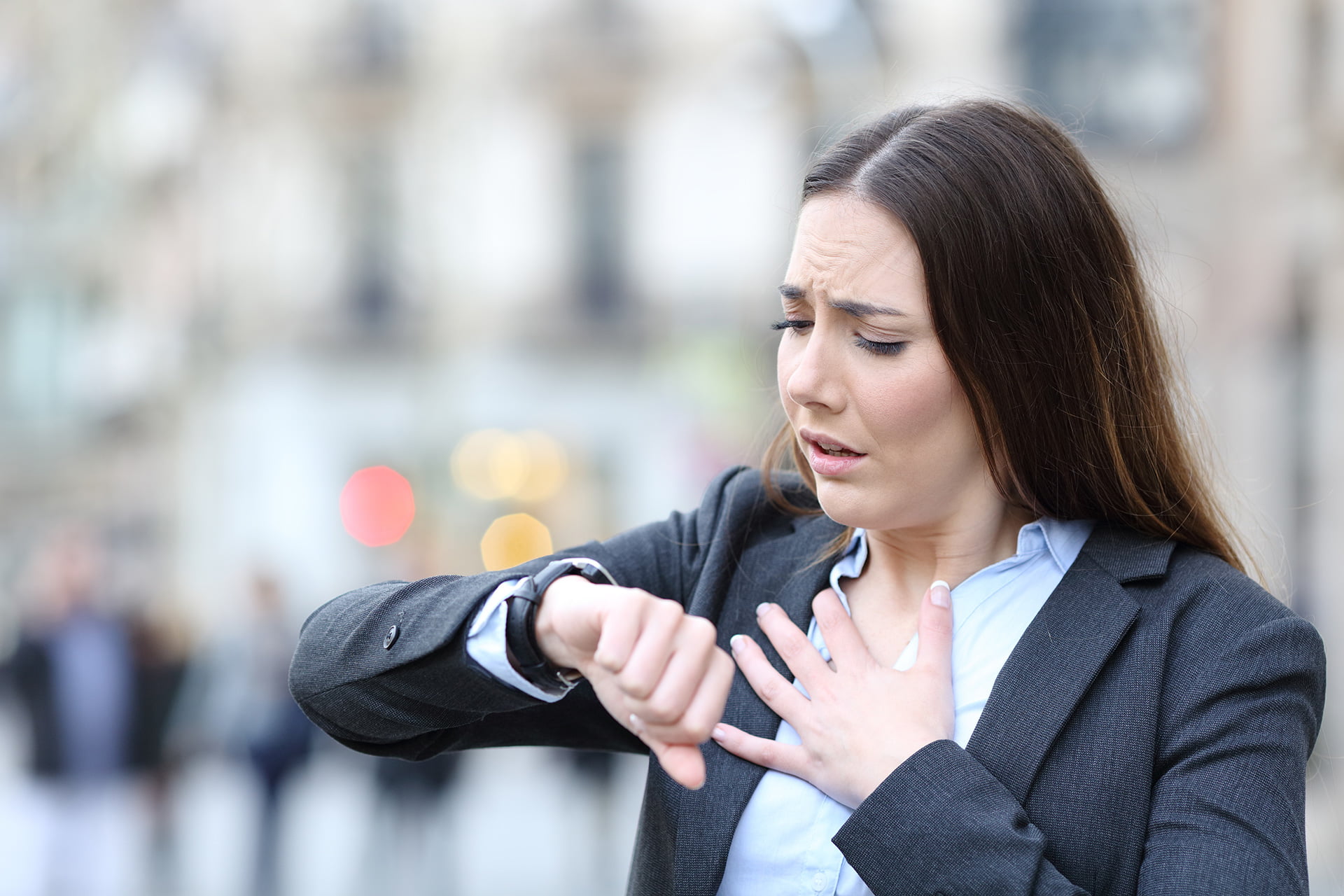Alcohol And Heart Palpitations: How Drinking Affects Your Heart’s Rhythm

Most alcoholic beverage advertisements always come with the “drink moderately” warning, as drinking copious amounts of alcohol is known to cause troubling physical and psychological health complications.
A new study done by the American College Of Cardiology on alcohol and heart palpitations, states that even moderate chronic alcohol consumption can cause irregular heart rate. The initial belief was that heart rate irregularities were often just limited to those who binge drink, resulting in what is commonly called holiday heart syndrome. It seems that atrial fibrillation, another term for irregular heartbeat, will also affect those who drink small amounts regularly. As such, the study answers the question “Does drinking alcohol increase heart rate?”
At LUNA Recovery Services in Texas, we provide addiction treatment programs and other resources for people suffering from alcoholism. Contact us today to learn how to jumpstart your journey to recovery.
Alcohol And Heart Palpitations: How Does Drinking Contribute to Cardiovascular Problems?
Many studies are being submitted to the American College of Cardiology on the effects of alcohol on cardiovascular health, and these studies largely have to do with alcohol’s effects on relevant body functions that are held to contribute to developing an irregular heart rate.
How Does Drinking Alcohol Affect The Body?
These studies point to three general effects of alcohol on the human body that are likely to contribute to irregular heart rate, including:
Alcohol has been known to damage the various cells of the body, including the cells associated with the heart. The damage could cause the development of fibrous tissue inside the heart, and the development of the fibrous tissue is seen as a contributing factor to an irregular heart rate.
This particular study on the effect of alcohol on the cells of the heart has shown that binge drinkers who have also undergone catheter ablation, a treatment used to deal with irregular heartbeat, continue to have an irregular heart rate even after the procedure.
The heart beats through contractions triggered by electrical signals transmitted between the cells. Regular alcohol intake has been known to disrupt more than a few vital functions of the body, including the transmission of these electrical signals.
This disruption of the signals could interrupt the rhythm of the electrical transmission, and this interruption is translated into a heartbeat irregularity.
Alcohol is known to have a depressant effect on the central nervous system, which is why people who get drunk lose motor control, coordination, and balance. These external manifestations are reflections of the disrupted processes also happening inside the body.
The autonomic nervous system controls the bodily functions that occur automatically, such as breathing, digestion, and the beating of the heart. The disruption of the central nervous system also extends to the autonomic functions, which is why drunk people also lose bladder control, vomit while they sleep, and experience irregularities in breathing and their heart rate.
 Is Alcohol A Risk Factor for Cardiovascular Disease?
Is Alcohol A Risk Factor for Cardiovascular Disease?
Much like the central nervous system (CNS), the cardiovascular system is also largely affected by alcohol intake. The most recent studies indicate that even light to moderate regular alcohol intake is now seen as being a major contributor to heart conditions. This is why alcohol and heart palpitations are closely associated with each other.
In healthy people, alcohol induces a temporary increase in heart rate and blood pressure. This increase could be quite crucial in people with a history of heart disease, who is susceptible to heart failure for any reason, and those of advanced age.
As a cardiovascular disease contributor, the following effects of alcohol are of particular concern to cardiologists who treat patients with this disease:
Any chronic variation or disruption of the regular rhythm of the heart is a cause for concern because it could be a condition known as tachycardia, which is an increased heart rate due to problems with the electrical signals that cause the pumping action of the heart. Cardiologists say that tachycardia could lead to complications that could cause blood clots, which in turn inevitably leads to either a heart attack or a stroke.
Hypertension, the condition where blood pressure is abnormally high, is known to put people at risk of either a heart attack or a stroke. This is because high blood pressure could cause the arteries to harden and thicken. Even a single drink of alcohol could already cause a temporary elevation of blood pressure. This is why people feel their hearts racing after drinking.
This effect is magnified in those who engage in binge drinking and in those who have a regular habit of alcohol intake. The irony of this condition is that those who suffer from hypertension for many reasons need to rely on medication, exercise, and eating healthy just to get their blood pressure to within acceptable levels. Those who suffer hypertension primarily from alcohol abuse, on the other hand, merely need to abstain from their alcohol intake to bring their blood pressure to normal.
Damage to the heart muscle is called cardiomyopathy. If the muscle that causes the relaxation and contraction of the heart is damaged for any reason, blood flow in the body is compromised. This means that there might not be enough oxygenated blood getting to where it should be going to.
Heavy alcohol intake is known to cause cardiomyopathy, and thus far, there is no known cure for it. This means that if a person develops cardiomyopathy, it is irreversible.
Why Is An Irregular Heart Beat A Point Of Concern?
There is a reason why the heart beats with a regular rhythm. Anyone who has been to the doctor will know that the heart rate is the first thing to be checked by the physician, as this could be a determiner for whatever else might be wrong with the body. This rhythm is attuned to the body’s need for oxygenated blood to circulate the body.
We tend to breathe harder and faster when we work hard, exert ourselves, or become more excited than usual. This action is reflected in the rate that the heart beats, circulating more oxygenated blood around the body. After some time, or when we get tired, the heart goes back to the regular rhythm.
A heart arrhythmia happens when the heart beats too fast, too slow, or in an irregular pattern. This is a disruption of the rhythm that the heart is supposed to beat with. This is a point of concern because it also affects how much-oxygenated blood gets circulated through the body.
Atrial fibrillation is a form of arrhythmia and is something that causes alarm in physicians because it is largely associated with increased chances of getting a stroke or heart disease. This is why doctors take no chances if they suspect that there might be an irregularity in a person’s heart rate for whatever reason.
To put things in perspective, the heart is the only organ in the body that does not manifest any appreciable change even when we are sleeping. The brain shows signs of decreased activity when we sleep, and we tend to breathe slower and more lightly as well when we rest. The heart does not, and the only rest it gets is immediately after it contracts.
Any disruption in the pattern of rest and contraction in the heart could lead to a heart attack or a stroke. This is why heart rate irregularities are never taken lightly and should be treated as soon as it is diagnosed.
What Treatment Is Recommended for People With Alcohol And Heart Palpitations?
The only treatment known for alcohol-related heart rate irregularity is abstinence from alcohol. At LUNA Recovery, our inpatient or outpatient program mixed with addiction counseling can help people with alcoholism learn how to best cope with and manage their conditions.
As a result, this can also help to prevent any further damage to the heart and to any other essential parts of the body that might be susceptible to damage from heavy drinking.
To treat the heart rate irregularity itself, it would be best to consult with a cardiologist to know what the best options would be. The good news here is that those who did manage to kick their alcohol habit have experienced lessened cardiovascular issues.
We recommend a full assessment be done by a cardiologist, as well as, a routine psychological evaluation by our facility as soon as possible to determine what treatment programs would be best suited for your needs.
LUNA Recovery Can Help You Or A Loved One Recover From Alcoholism
The difficulty with alcohol abuse is that not too many think of it as bad as other addictions. As such, it is not properly addressed, and often not afforded the appropriate concern.
We here at LUNA Recovery know just how serious an alcohol dependency issue could be, and how difficult it is to quit it. Much work needs to be put into it, but we know how to help people through it, and we could do the same for you if you or a loved one needs it. Contact us today to start your journey to recovery.
Dr. Allaire received his Bachelors of Science in Biology from the University of Houston, as Valedictorian of the College of Natural Sciences and Mathematics, and his Medical Doctorate from Baylor College of Medicine, where he served as Chief Resident. He is the medical monitor for the Physician Counseling Committee of the Harris County Medical Society and the Medical Director of Serenity House Detox. Dr. Allaire specializes in medically assisted detox cases, treating patients in recovery from addiction or other mental health disorders, the medical assessment and monitoring of patients with addictive disorders, medical care related to eating disorders and the medical treatment of patients with mental health conditions.
 Is Alcohol A Risk Factor for Cardiovascular Disease?
Is Alcohol A Risk Factor for Cardiovascular Disease?


